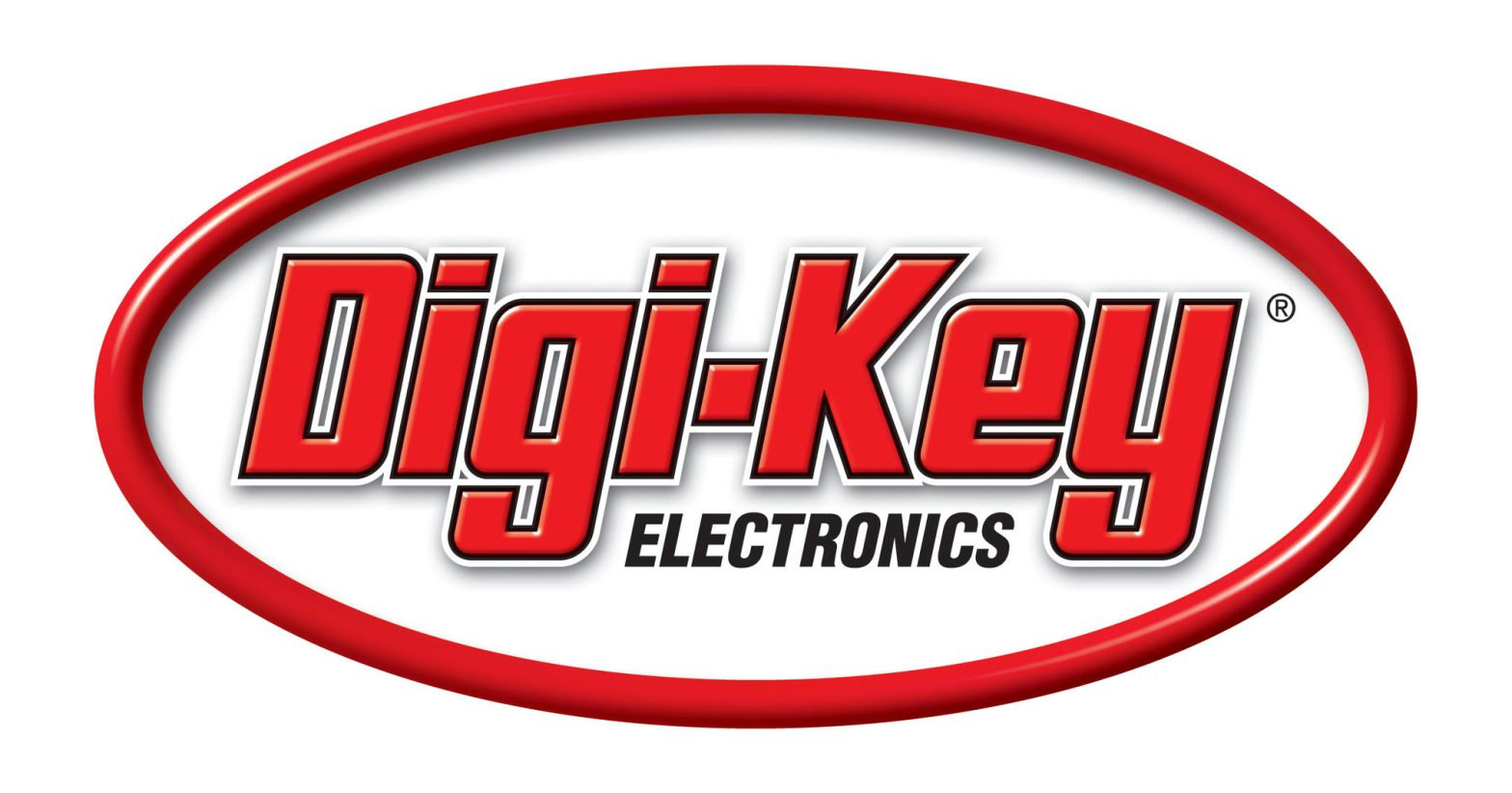In a bold move to address the housing shortage in Thief River Falls, Digi-Key Electronics has pledged a staggering $3.5 million toward the development of a 65-unit apartment complex, aptly named “The Edge,” east of Sanford Medical Center. This significant contribution underscores Digi-Key’s commitment to the community and its workforce.
Skip Duchesneau of DW Jones, the firm spearheading the project, expressed gratitude for Digi-Key’s investment, stating, “It’s a bold, big step for Digi-Key to make an investment like this, and we appreciate it.” Digi-Key’s financial support includes $2 million contributed in December 2024 to the Minnesota State Housing Tax Credit (SHTC) Program and an additional $1.5 million in 2025, specifically earmarked for “The Edge.”
The SHTC Program allows eligible Minnesota taxpayers to contribute between $1,000 and $2 million to the Contribution Fund and receive a state tax credit certificate equaling 85% of their total contributions.
Mark Borseth, Digi-Key’s senior director of community development and corporate facilities, highlighted the company’s plans to hire an additional 300 to 400 employees annually through expansion and attrition. He emphasized the necessity of providing housing options like “The Edge” for these new employees, while noting that the complex wouldn’t be exclusive to Digi-Key staff.
DW Jones plans to construct the apartment building on the southeast corner of Sanford Parkway and Pennington County State Aid Highway 8, on property currently owned by Sanford Health System. If approved, the building is slated to open in fall 2026.
However, the project has encountered some resistance. On Tuesday, April 8, the Thief River Falls Planning Commission considered a rezoning request for the property. Some neighbors voiced their opposition and attended the hearing. The Planning Commission can only make recommendations to the Thief River Falls City Council, which holds the ultimate decision-making power.
The need for additional housing in Thief River Falls is well-documented. A 2012 housing study commissioned by the city found a requirement for about 90 housing units per year for 10 years. This trajectory stalled during the pandemic, with high interest rates and inflation continuing to affect housing development. A more recent 2024 housing study determined the need to construct about 120 new housing units per year over 11 years, encompassing all types of housing.
Without Digi-Key’s assistance through the SHTC, Borseth believes DW Jones’ $14 million project would lead to $2,000 per month rent at “The Edge.” In addition to the funds available through SHTC, DW Jones is exploring other avenues to generate the necessary funds for construction. The firm is seeking an economic development Tax Increment Financing (TIF) District for the property. If the nine-year TIF district is approved by the city, taxes would still be paid, with the additional new property taxes generated from the property used to pay for eligible development costs over the course of the nine-year TIF district. A public hearing about that request has been set for Tuesday, May 6, at 5:30 p.m. at City Hall.
This isn’t the first site considered for “The Edge.” Last year, DW Jones planned to buy property near Valley Assisted Living from MAK Properties LLC to construct the building. That purchase was contingent on funding from the state’s Workforce Housing Development Program, which provides an unsecured, zero-interest, three-year deferred forgivable loan. However, DW Jones’ $4.2 million request wasn’t funded.
The state was inundated with requests for funding. Further complicating matters, according to Duchesneau, was a new point system to determine funding allocations. He said the new point system unfortunately didn’t bode well for communities farther from the metro area. However, Duchesneau noted that the housing gaps are more significant in northwest Minnesota.
After DW Jones and the City of Thief River Falls were unsuccessful with the request, Duchesneau said Digi-Key representatives asked whether there were other ways to make the apartment building a reality, leading to Digi-Key’s contributions to the SHTC Program Fund.
I’m Chris Harper, and I’m reporting for TRF News.
